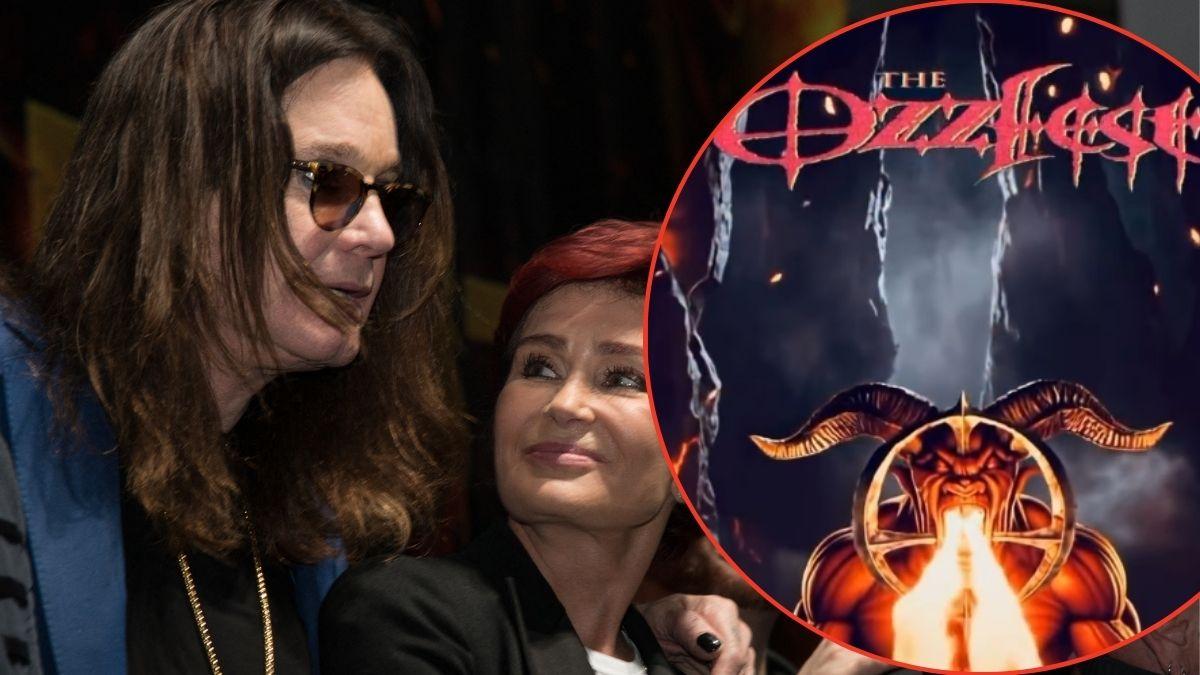EXCLUSIVE: Madonna's Brutal Favorite Film Gets Ultra-Rare Cinema Showing — Despite Being Banned Worldwide and Branded 'Still the Most Disgusting Movie Ever Made'

Madonna’s favorite film, once banned globally, returned for an ultra-rare cinema screening.
Oct. 17 2025, Published 7:17 p.m. ET
Madonna's favorite movie – long banned worldwide – is returning to the big screen for a rare showing on the big screen despite still being dubbed the sickest movie ever made.
RadarOnline.com can reveal Pier Paolo Pasolini's Salò, or the 120 Days of Sodom, described by critics as "essential to see but impossible to watch," will mark its 50th anniversary with a one-night-only screening on November 11 at London's Barbican center, which is set to attract a flood of hardcore film fans and celebs who are obsessed by the filthy flick.
The Film That Shook the World
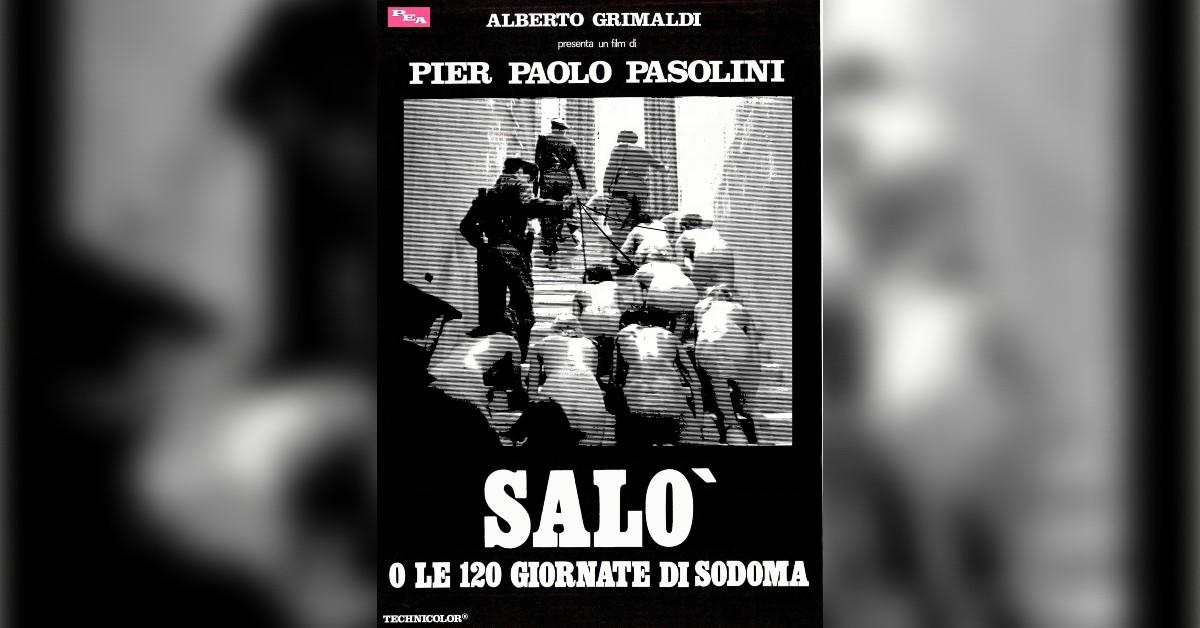
Madonna’s favorite banned film returns to the big screen.
Directed by Pasolini shortly before his brutal murder in 1975, Salò has retained its reputation as cinema's most disturbing masterpiece.
Banned across Europe for decades, the film was condemned for its scenes of ritualized sexual violence, torture, and degradation. Its rediscovery now – in an era preoccupied with power, abuse, and voyeurism – has reignited debate about whether it should ever have been made at all.
The Italian director was found beaten to death and run over by his own car just weeks before the film premiered. The shocking nature of both Salò and Pasolini's death cemented his legend as one of Europe's most controversial auteurs.
'It Wasn't Pornography – It Was a Warning'
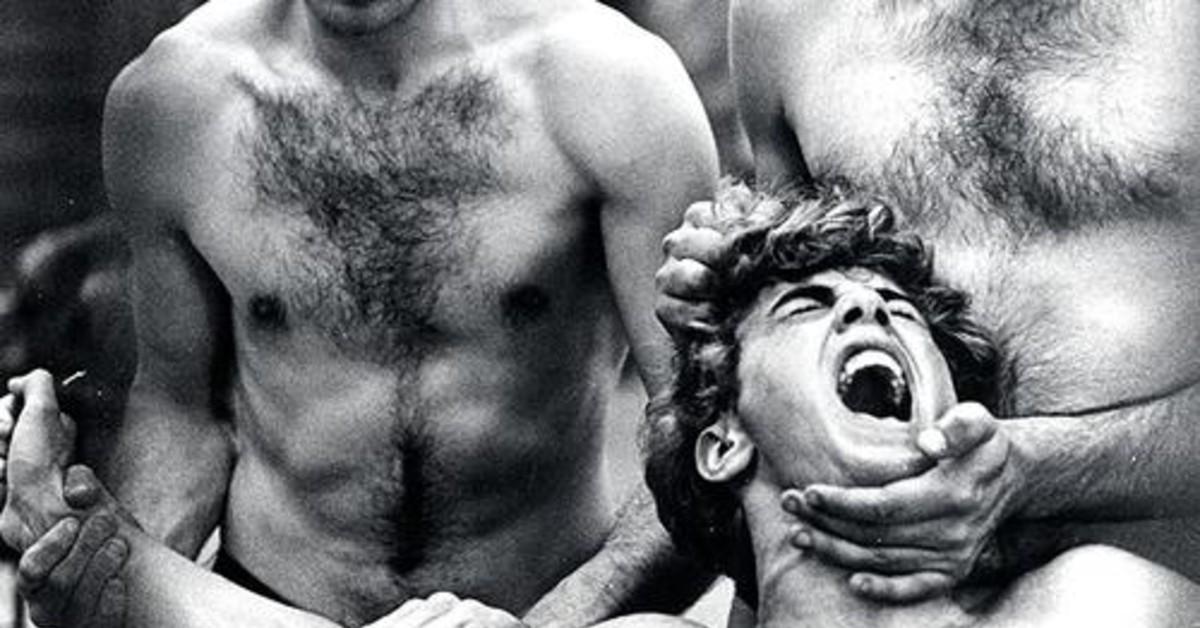
The Barbican revives cinema’s most controversial masterpiece.
Based on the Marquis de Sade's unfinished novel The 120 Days of Sodom, Pasolini reimagined the tale amid the fascist puppet state of Salò during World War II. In the film, four elites imprison and systematically violate a group of teenage boys and girls, forcing them into grotesque rituals – including a notorious banquet where they are served their own faeces.
One of the film's surviving actors, Marco Lucantoni, said ahead of its return to the big screen: "Pasolini had seen fascism firsthand, and Salò was his way of exposing the physical and moral corruption of power. It wasn't pornography – it was a warning. But it cost him dearly. He was playing with fire, and we all knew it."
Another cast member, the late Paolo Bonacelli, who portrayed the sadistic Duke, recalled that behind the camera, the atmosphere was "lighthearted" despite the depravity on screen.
"Everyone's horrified by that scene," he once said of the infamous 'Circle of S---', "but for us, (we were eating) just chocolate and raisins."
From Police Raids to Academic Praise
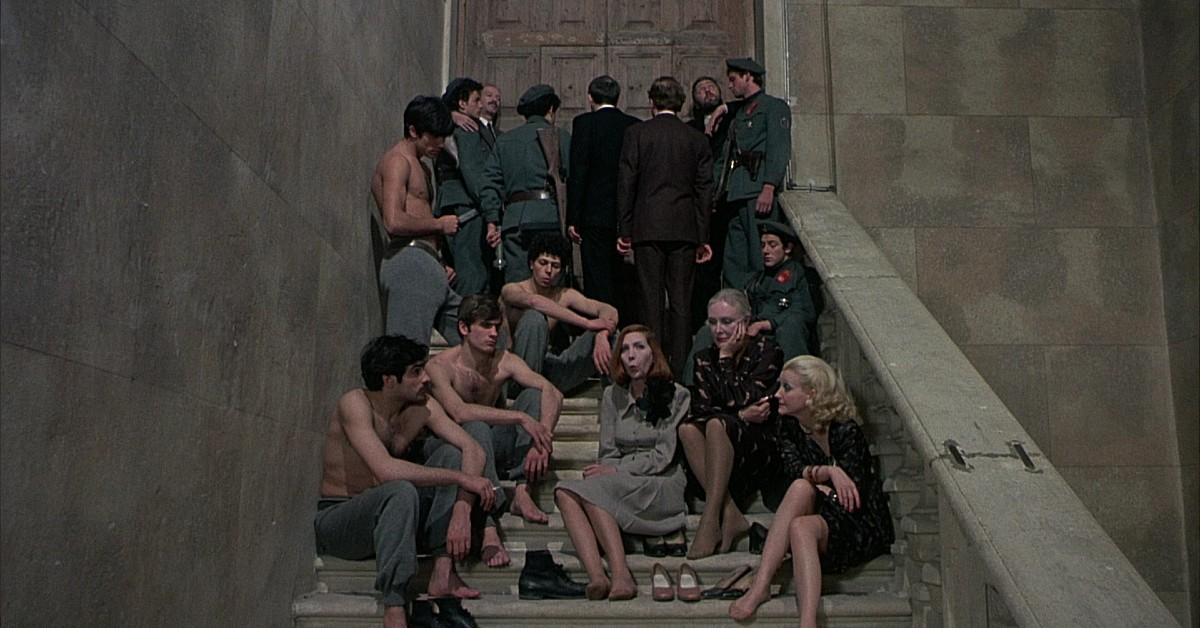
Pasolini’s brutal final film still shocks audiences decades later.
The Barbican screening comes despite the film's long and controversial history with censors. In 1977, a private showing in London's Soho was raided by police who seized the print for being "grossly indecent."
The uncut version was only cleared for release in the U.K. in 2000. Since then, Salò has appeared sporadically in arthouse cinemas but has remained unavailable on mainstream streaming platforms.
A source close to the Barbican's film program said: "This isn't a film we screen lightly. Salò still shocks, but that's exactly why it remains relevant. It's about the abuse of power, the commodification of bodies, and the way horror becomes spectacle – all themes that feel disturbingly modern."
Madonna’s Obsession and Lasting Legacy

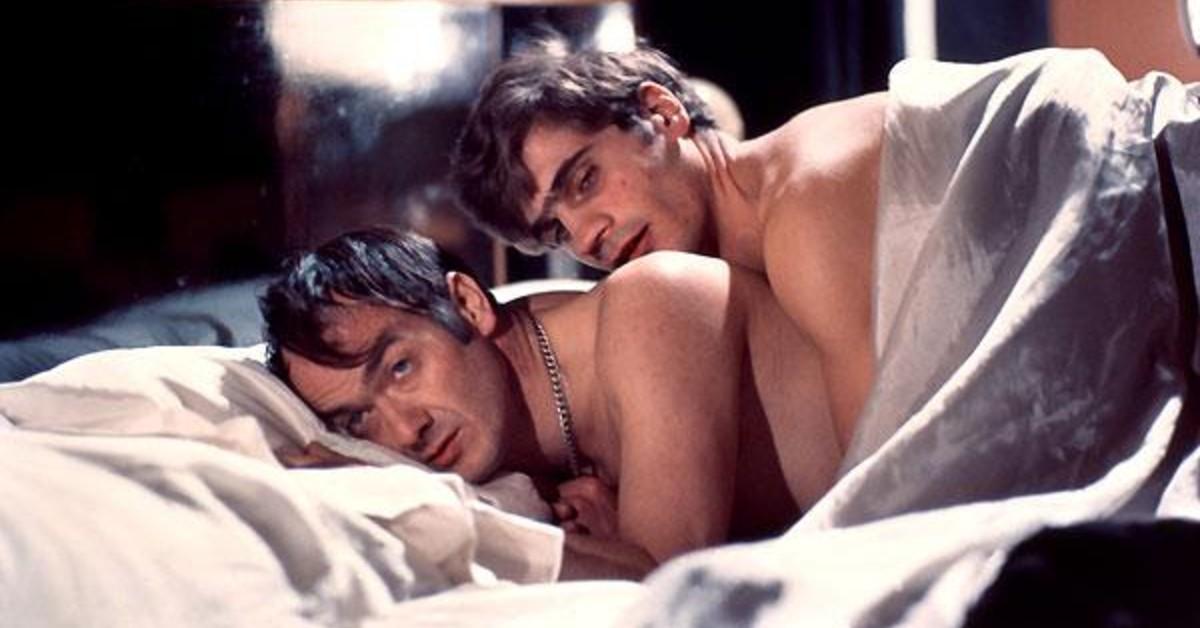
Police once seized Salò for being “grossly indecent.”
Over the years, Salò has earned the admiration of some of pop culture's most provocative figures. Director John Waters once called it "elegantly beautiful, but at the same time you can barely watch it."
Madonna famously used to show the film to potential friends, employees and lovers as a litmus test for compatibility, telling them before they endured its horrors: "Watch this movie – and if you don't like it, we can't be friends."
Despite its grotesque content, Salò has been reappraised by film scholars as a radical political statement.
Lucantoni added: "Pasolini foresaw what Italy – and the world – would become. He saw how power corrupts absolutely and how people can consume horror without flinching. That's why it still matters, even 50 years later."
